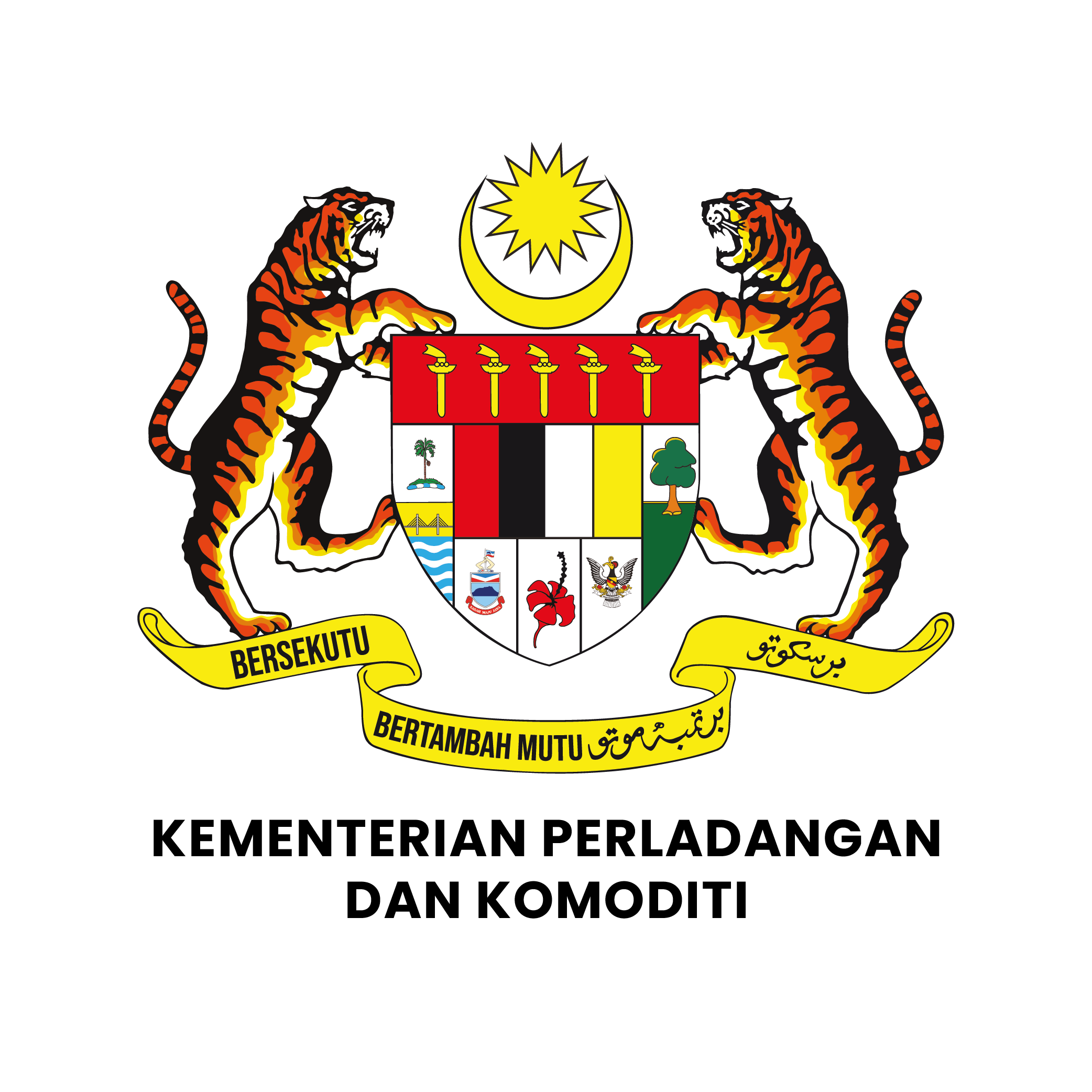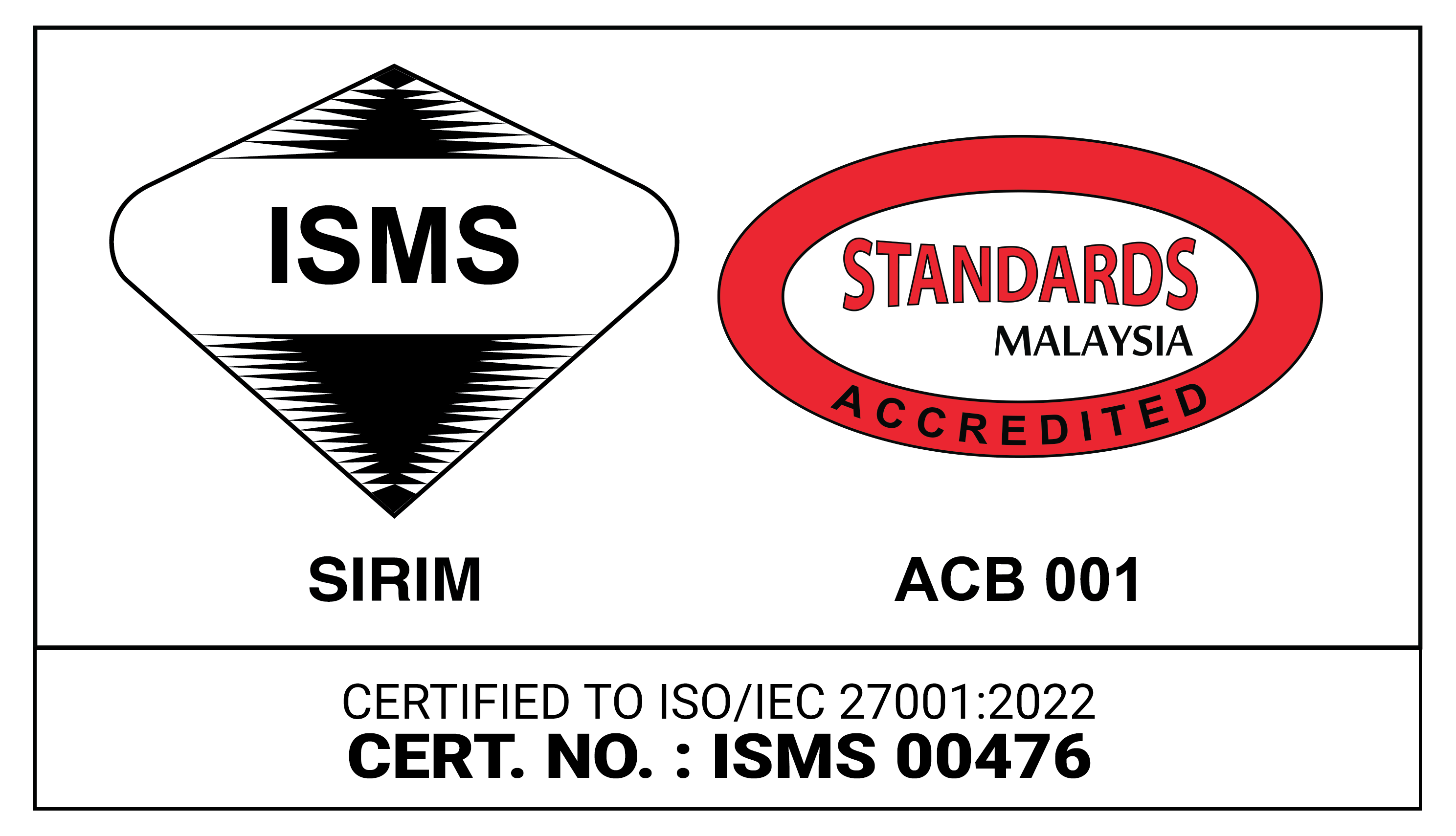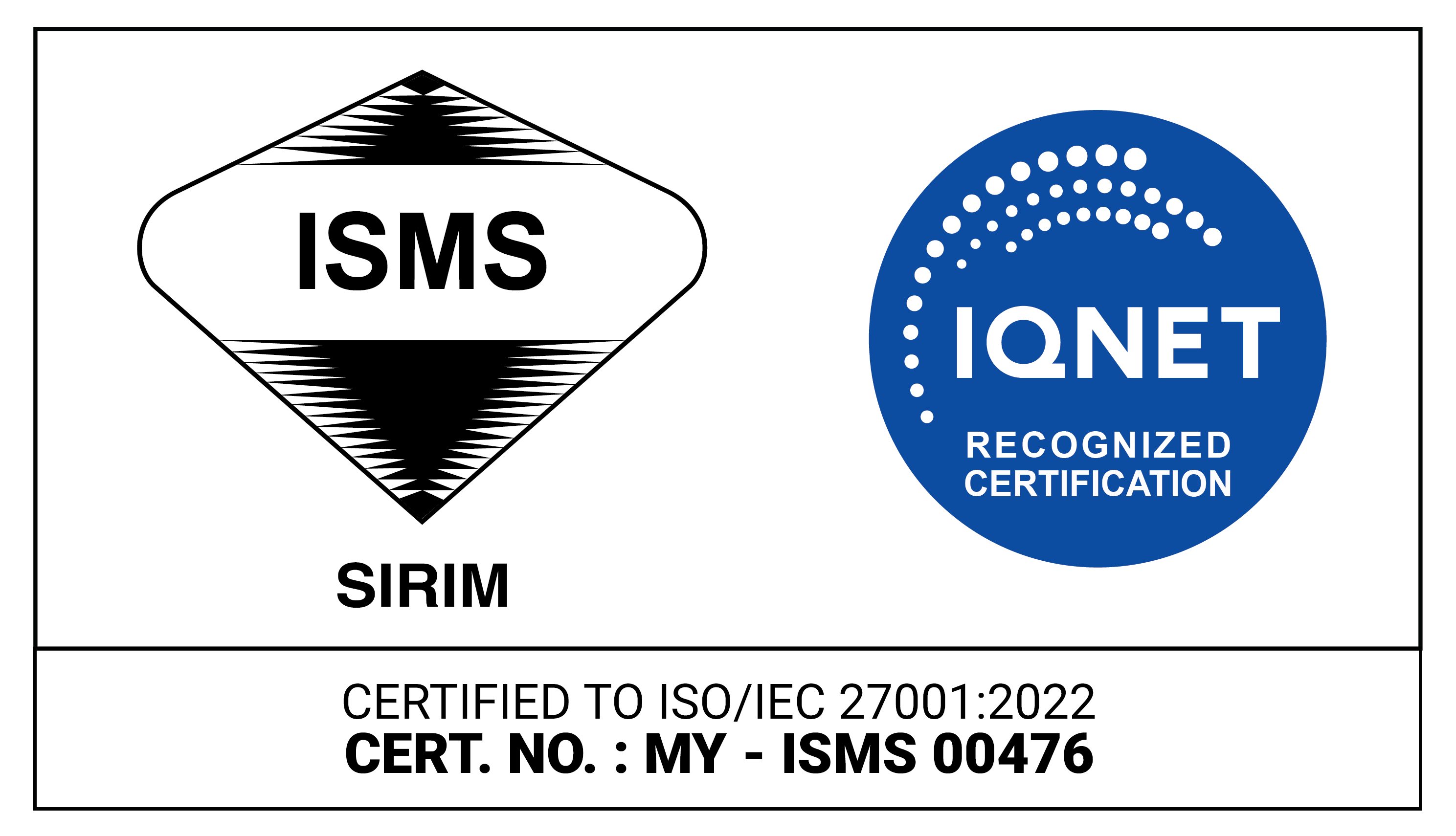
KEYNOTE ADDRESS BY
YAB DATO’ SRI HAJI FADILLAH HAJI YUSOF
DEPUTY PRIME MINISTER
AND MINISTER OF PLANTATION AND COMMODITIES
IN CONJUCTION WITH
PALM OIL MILLING TECHNOLOGY EXHIBITION &
CONFERENCE (POMTEC) 2023 OPENING CEREMONY
TUESDAY, 8 AUGUST 2023
IMPERIAL HOTEL MIRI, SARAWAK
Assalamualaikum Warahmatullahi Wabarakatuh, Salam Sejahtera, and Salam Malaysia Madani,
Yang Berhormat Dato Sri Dr. Stephen Rundi Anak Utom
Minister of Food Industry, Commodity & Regional Development (M-FICORD)
Yang Berbahagia Dato’ Zailani Haji Hashim
Deputy Secretary General (Plantation & Commodities)
Ministry of Plantation and Commodities (KPK)
Yang Berusaha Encik Eric Kiu Kwong Seng
Chairman of Sarawak Oil Palm Plantation Owners Association (SOPPOA)
Yang Berusaha Dr. Felix Moh Mee Ho
Chief Executive Officer (CEO) of SOPPOA
Encik Tian Foon Howe
The Organizing Committee Chairman
Members of SOPPOA,
Distinguished Guests,
Ladies and gentlemen,
First and foremost, I wish to extend my gratitude and appreciation to Sarawak Oil Palm Plantation Owners Association (SOPPOA) for organizing the Palm Oil Milling Technology Exhibition & Conference (POMtec) 2023. I wish to take this opportunity to thank the organizers for giving me the honour to officiate this event which is aptly themed "Toward Sustainable and Value-Added Business Operation," which, in turn, aligns perfectly with the new economic framework, that is “MADANI Economy: Empowering the People”.
- The MADANI Economy is a comprehensive economic model introduced recently by the government, which emphasizes the importance of balanced and inclusive growth. It aims to foster economic development while safeguarding the environment and ensuring social equity. The Ministry of Plantation and Commodities (KPK) stands guided by the principles of the MADANI model and by the action plans of the United Nations (UN) Sustainable Development Goals (SDGs) blueprint, particularly on Goal 1 (No Poverty), Goal 2 (Zero Hunger), Goal 8 (Decent Work and Economic Growth), Goal 9 (Industry, Innovation and Infrastructure), Goal 12 (Responsible Consumption and Production), Goal 15 (Life on Land) and Goal 17 (Partnership for the Goals).
- The establishment of National Agricommodity Policy 2021- 2030 (DAKN 2030) stands as testimony to KPK’s strategic approach in transforming the agricommodity sector towards a sustainable and environmentally driven industry. The initiatives under these frameworks appear to be well aligned with the objectives of POMtec 2023, and this will further enhance the sustainability and value-added practices in the palm oil sector in embracing today’s global demand for sustainable production and value chain.
Ladies and gentlemen,
- As we gather here today, it is imperative that we recognize the significant role played by the palm oil industry in reviving the postpandemic economy especially being the second largest palm oil producer globally. Palm oil has been a vital pillar of the agricommodity sector in Malaysia, providing jobs and contributing substantially to Malaysian Gross Domestic Product (GDP). Malaysia’s economy grew at 5.6% in the first quarter of 2023 (Q1 2023) which also saw an increase of 5% in the palm oil sectors from RM9.5 billion in the first quarter of 2022 (Q1 2022) to RM10 billion in Q1 2023.
- The objectives of this event underscore the importance of embracing sustainable practices in palm oil milling operations. As I understand it, POMtec 2023 aims to highlight the latest technologies that promote sustainability, such as eco-friendly processes, waste reduction and energy efficiency. By adopting these practices, palm oil milling operations will help to safeguard the environment as well as improve the efficiency and profitability of operations.
- I urge the palm oil milling operations to embrace these practices, and in addition to that, to experiment with innovative methods and strategies for adding value to the palm oil production chain. Midstream processing, product diversification, and byproduct utilization are avenues to be explored in order to maximize the potential of the palm oil industry. By doing so, more diverse revenue streams can be created hence enhancing the overall competitiveness of our palm oil industry.
Ladies and gentlemen,
- The government has introduced and implemented the Malaysian Sustainable Palm Oil (MSPO) Certification Scheme across the supply chain of the palm industry, which emphasizes environmental protection, social responsibility, and economic viability. The MSPO Certification Scheme was made mandatory since 1st January 2020 and with the revised version of MSPO 2.0, it is an important tool to be recognized by all palm oil industry players in advancing towards sustainable palm oil production. By embracing such sustainable practices, this will ensure the future competitiveness and acceptance of palm oil in the global markets. As such, I strongly encourage the industry to play their part in engaging and continually promoting our MSPO Certification Scheme to be globally recognized for the betterment of our palm oil industry. KPK thru DAKN2030 is also committed to ensure that other commodities will also have their own certification scheme in the future.
- Integrating a circular economy into the production of agricommodities especially in the palm oil industry is crucial as it is an effective solution to optimize the usage of raw material resources and minimize wastage from production, emission and energy inefficiency. This can be achieved by reducing, reusing and recycling the materials that are commonly underutilized in the current linear economy. The biomass products such as Palm Oil Mill Effluent (POME), Empty Fruit Bunch (EFB), decanter cake and palm pressed fibres can be further utilized to produce new valueadded products or alternative energy sources to fuel the production facility.
- Biomass has been recognized as a key part of the circular economy with several efforts underway to utilize oil palm, rubber tree and timber biomass in various forms. The conversion of oil palm trunks into raw materials for wood products is an example of cross-commodity collaboration to create additional value for the agricommodity sector while minimizing waste, reducing deforestation as well as reducing carbon emissions.
- Through the DAKN2030, a biomass action plan has been introduced specifically for the agricommodity sector. The Twelfth Malaysia Plan (RMKe-12) has also out lined “Realizing thePotential of Biomass Industry” as a strategy to propel the growth of strategic and high-impact industries as well as micro, small, and medium enterprises (MSMEs) in the country.
- Currently, KPK is also coordinating the development of the National Biomass Action Plan 2022-2025 which covers biomass from the plantation, forestry, agriculture, livestock farming and fishery. Systematic use and processing of agricommodity biomass into products with commercial value will generate new income and transform the current linear economy in the industry to a circular economy that helps to reduce both deforestation and carbon emissions.
Ladies and gentlemen,
- I would also like to draw your attention to the current economic challenges and geopolitical conflicts that cause disruption as well as some negative on-going campaign aimed at our agricommodities. The EU’s introduction of the European Union Deforestation-free Regulation (EUDR) ostensibly aims to guarantee that the products consumed and used do not contribute to deforestation or forest degradation and promote the use of sustainable commodities in Europe. In actual fact and in practice, the EUDR is highly expected to simply serve as another trade barrier that sets overtly strenuous and stringent requirements for agricommodities imports into the European markets. KPK is taking this matter very seriously and is collectively engaging with various impacted parties to discuss and streamline the commitments in facilitating the country’s efforts in combating deforestation as well as to be excluded from any entirely unwarranted classification as a ‘High Risk’ country.
- Moreover, KPK is also engaging through the Joint Task Force initiatives between Malaysia, Indonesia and European Union (EU) on the EUDR implementation, as we must proactively address these requirements to effectively preserve our market access and safeguard our reputation in providing sustainable trade relations. The Joint Task Force will actively work towards gaining EU recognition for MSPO Certification Scheme and other national related certifications. By aligning our Certification Schemes with the requirements of the EUDR, we will be able to ensure responsible practices in the industry while securing our position in the European market whilst also demonstrating our long-standing commitment in producing sustainable palm oil globally.
Ladies and gentlemen,
- The knowledge shared and exchanged during this conference is invaluable. I believe that bringing together industry experts, researchers, and stakeholders will foster a collaborative environment where we can compare and learn from shared experiences, insights, and best practices. Together, we can find solutions to address environmental issues associated with palm oil production, such as minimizing the palm oil industry's impact on ecosystems, biodiversity, and climate.
- In this post-pandemic era where the global economy is still volatile, it is no longer business as usual. We need to proactively respond to the constantly changing political, social and economic landscape around us. Opportunities don’t simply come knocking. Competition is fierce and is constantly present. It is up to businesses not just to meet existing demand, but to also anticipate and create new demand, to find new blue oceans to tap into and explore. Thus, I encourage all participants to always participate in various discussions that can support and incentivize sustainable and value-added practices especially in the palm oil industry. The government is committed to providing an enabling environment that encourages innovation and responsible business practices. Let us work hand-in-hand in a strong collaboration between the private sector and the government towards creating a nourishing ecosystem that would enable Malaysian businesses to thrive both locally and on the global stage.
Ladies and gentlemen,
- I believe this platform is an excellent avenue to find such support and linkages and I am confident that POMtec 2023 will be a catalyst for positive transformation within the palm oil industry in Malaysia and to chart new paths towards broader market access. Let us embrace sustainability and value-added measures to secure a prosperous and responsible future for the palm oil sector, and to that end, I wish you all a successful and fruitful conference.
- On that note, and with the recitation of Bismillahirrahmanirrahim, it gives me great pleasure to officially open the Palm Oil Milling Technology Exhibition & Conference (POMtec) 2023.
- Thank you.








